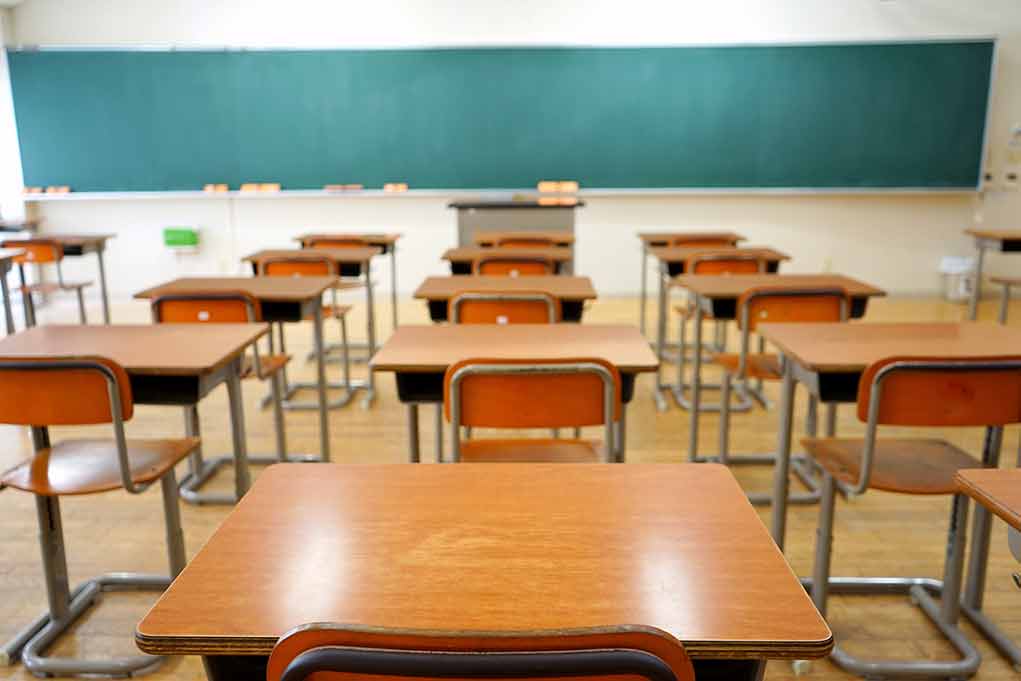
New Hampshire shatters educational norms as Governor Kelly Ayotte signs a groundbreaking universal school choice bill, enabling all families—regardless of income—to access state funds for private education while teachers unions fume over losing their monopoly on education.
Key Takeaways
- Governor Kelly Ayotte signed legislation making Education Freedom Accounts universal in New Hampshire, removing income-based restrictions and allowing all families to access state education funds.
- Families can receive at least $4,265 per child for private and homeschooling expenses, with up to $9,676 available for children with additional needs.
- A 10,000-student cap will be in place for the 2025-2026 school year, with 25% increases each subsequent year if enrollment exceeds 90% of the cap.
- New Hampshire becomes the 17th state to enact universal school choice in the past four years and the first Democrat-leaning state to pass such legislation.
Landmark School Choice Victory in New Hampshire
In a major win for educational freedom, Governor Kelly Ayotte has signed legislation making New Hampshire’s Education Freedom Accounts (EFA) program universal. The new law, which takes effect in July 2025, eliminates previous income-based restrictions that limited program access to less than half of New Hampshire students. This bold move positions New Hampshire as the 17th state to embrace universal school choice in just four years, reflecting a growing national movement to empower parents with educational alternatives outside the public school system.
“Giving parents the freedom to choose the education setting that best fits their child’s needs will help every student in our state reach their full potential. I’m proud to sign this into law today along with the Parental Bill of Rights, which ensures parents are the central voice in their children’s education. I thank the House and Senate for working to get these across the finish line,” said Governor Kelly Ayotte.
How the Program Works
The expanded EFA program provides substantial financial support to participating families. Each child receives at least $4,265 annually, with children who have additional needs eligible for up to $9,676. These funds can be used for a wide range of educational expenses, including private school tuition, homeschooling costs, and other qualified educational services. For the initial 2025-2026 school year, enrollment will be capped at 10,000 students, with provisions for the cap to increase by 25% each subsequent year if enrollment exceeds 90% of the limit.
“With the passage of this bill, we are now able to deliver universal school choice for all New Hampshire families,” said Sen. Victoria Sullivan.
Political Battle Lines
The legislation passed along partisan lines, highlighting the deep divisions on educational policy. Republicans championed the bill as a triumph for parental rights and educational freedom, while Democrats and teachers’ unions vigorously opposed the expansion. Critics have raised concerns about diverting funds from public schools and providing unnecessary subsidies to wealthy families who can already afford private education. The debate reflects broader national tensions about the role of government in education and the rights of parents to direct their children’s schooling.
“Get out your wallets folks. Wealthy people want subsidies from taxpayers like you to send their kids to private schools,” said Rep. David Meuse.
A National Movement Gains Momentum
New Hampshire’s adoption of universal school choice is particularly significant as it becomes the first state that voted for Kamala Harris in the 2024 election to enact such legislation. This breakthrough suggests the school choice movement may be expanding beyond its traditional Republican strongholds. Arizona pioneered universal school choice in 2022, offering approximately $7,000 per child for tuition and related expenses. The rapid expansion of similar programs across multiple states indicates growing public support for educational alternatives to traditional public schooling.
“New Hampshire is the 17th state to pass universal school choice in the past four years. The wind is at our backs and the momentum for education freedom is unstoppable. We have a state that went for Kamala Harris in November now going all-in on school choice. Putting parents in the driver’s seat should be a nonpartisan issue – kids don’t belong to the government – but the Democrat Party is a wholly owned subsidiary of the teachers unions,” said Corey DeAngelis, senior fellow at the American Culture Project.
Pandemic’s Lasting Impact on Education Policy
Education experts note that the COVID-19 pandemic has been a catalyst for the rapid expansion of school choice programs nationwide. When teachers unions fought to keep schools closed during the pandemic, many parents became frustrated with public education and began seeking alternatives. This frustration translated into political pressure for expanded educational options, with Republican-led states responding most aggressively. New Hampshire’s move suggests this trend may be broadening beyond party lines as parents across the political spectrum demand greater control over their children’s education.
“The teachers unions really stepped in it by fighting to keep schools closed during the COVID era,” said Corey DeAngelis.











